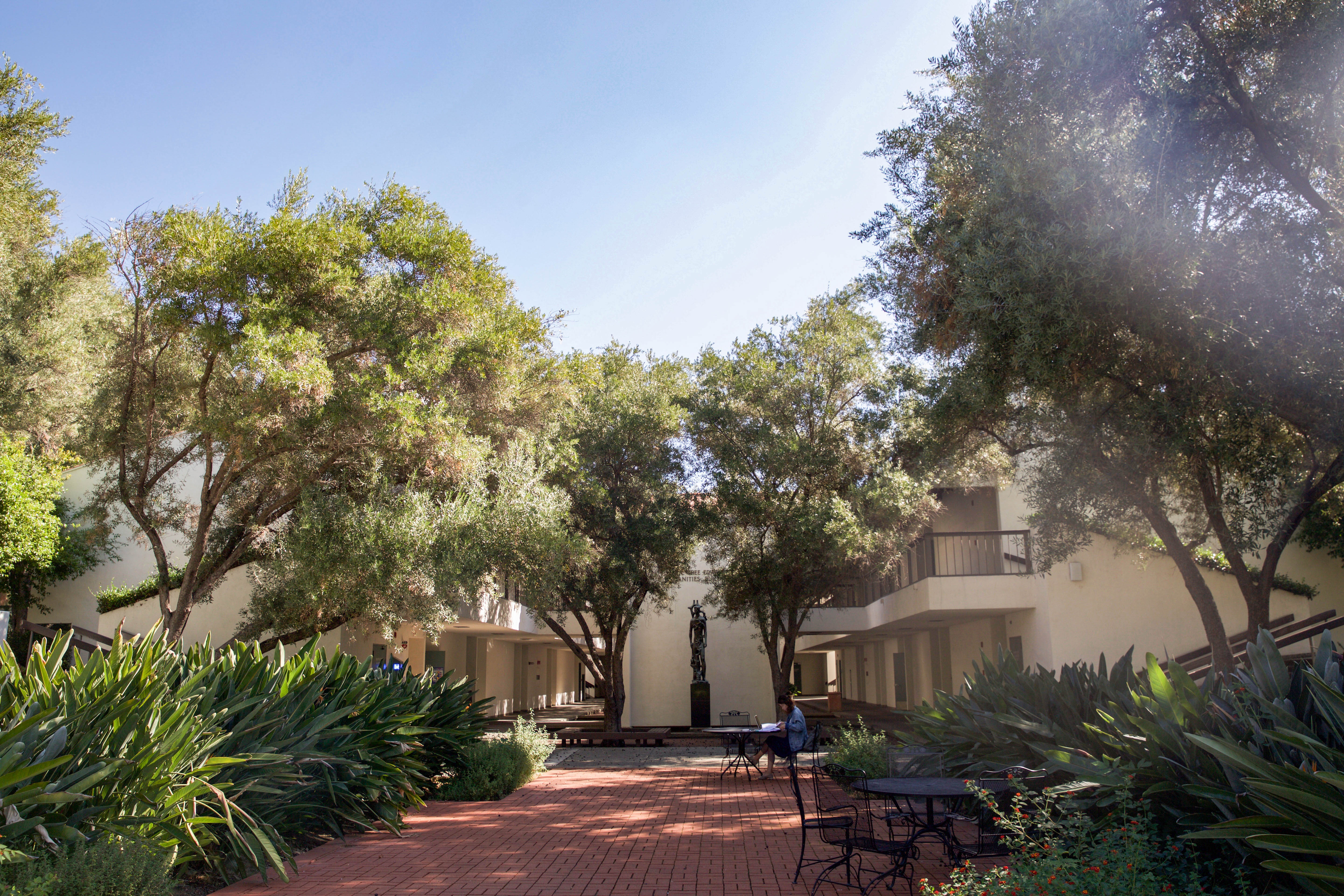
This past June, Scripps announced the formation of the Interdisciplinary Humanities Initiative to connect Scripps students to learning opportunities across Southern California. Made possible by an $800,000 grant from the Mellon Foundation, the initiative will fund research fellowships, faculty professional development, and clinic courses developed in collaboration with community organizations throughout the region.
Leading the initiative will be Professor Hao Huang, Bessie and Cecil Frankel Endowed Chair in Music, and Associate Professor of Classics/Ancient Studies and the Humanities Major: Interdisciplinary Studies in Culture David Roselli. As co-directors, they are charged with overseeing the professional development and clinic curriculum aspects of the initiative. Working with closely with Vice President for Academic Affairs and Dean of Faculty Amy Marcus-Newhall, they will work with Scripps faculty in creating new courses that find imaginative ways to re-connect the humanities with daily life. As they put it, “we are pitching a ‘big tent’ and are open to experimenting with new ideas, formats, and constituencies.”
“The Interdisciplinary Humanities Initiative encourages an integration of teaching, learning, and serving,” says Huang. “The opportunity to bring classroom learning into the wider world helps demonstrate the importance of the humanities in solving important social problems.”
According to Professor Roselli, “From ancient epic poetry to contemporary film or theory we are the stories that we tell about ourselves, and it would seem at this particular moment the dominant narratives with which we are operating are rather impoverished. I like to think of this initiative as providing hope for the humanities in dark times.”
Both Roselli and Huang were part of the team that helped conceive the Interdisciplinary Humanities Initiative, and they are excited by new opportunities for learning it will provide for faculty as well as for students. “As faculty, we can’t teach people to learn if we’re not open to learning ourselves,” says Huang.

